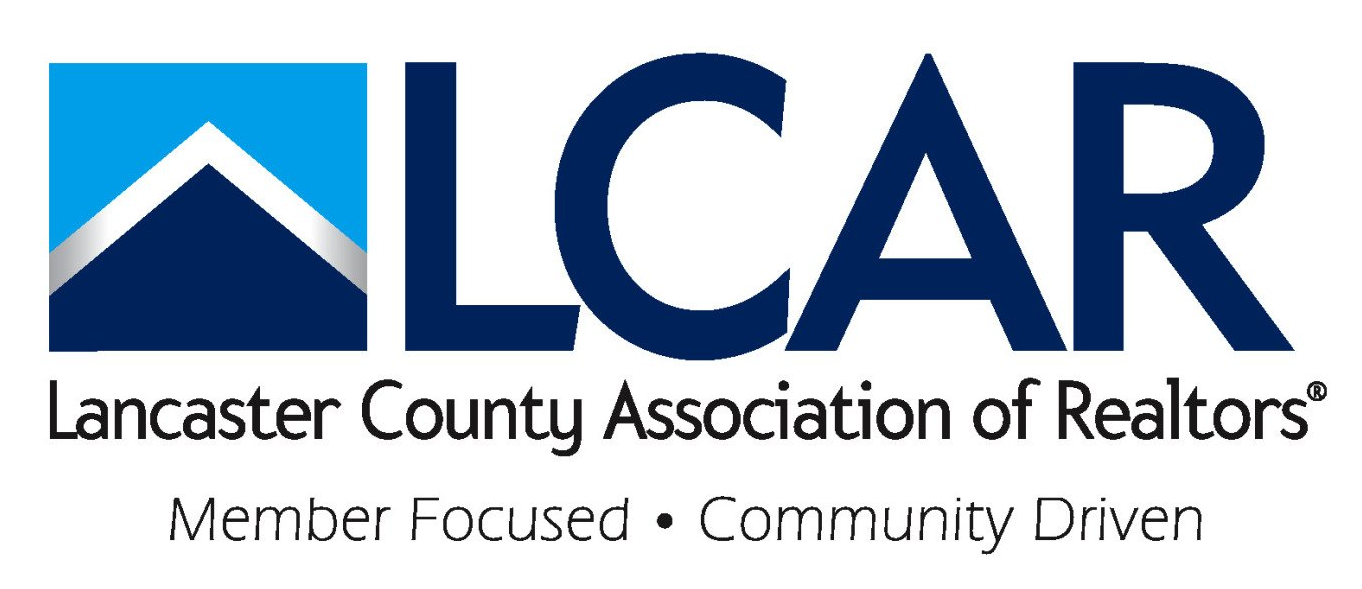Fool Me Once

I relearned an important lesson recently. A long time ago I learned that listening is way more important than talking, but somehow, I forgot that it is even more important to make sure that when you are speaking the other person is listening too. Poor communication is a common ailment of stressed and busy people. It is passably acceptable to listen with half an ear when two people are exchanging the time of day or talking about the weather or even sports. We simply go on auto pilot sometimes, focusing only on what the crucial or interesting parts are to us and responding accordingly. Paying attention can literally be linked to costing you money. By missing something critical or failing to impart something vital, it can end up being something you pay for in a very big way.
Missing someone's waning attention can be very dangerous. Take, for instance, if you disclosed environmental information about a property during a showing when the person was actually daydreaming about space planning. Imagine if you had a commission discussion over cocktails after golf and, unbeknownst to you, the person had not had a substantial lunch; and while they certainly were not inebriated, they just were not on the same page as you. That information is not going into the vault.
Even if you honestly feel that you have solidly and successfully passed off the ball of information, sometimes instead of it sinking into their brain, it actually bounces off the person's head and then it rolls down into the contaminated, non-functioning, antique septic tank ... that same one you were actually trying to notify them of at the time ... or possibly your commission discussion got all mixed into their embarrassingly high golf score angst so that it never really registered that they only get half of what they were expecting commission-wise. But there you are, all 'Mr. Above Board' or 'Ms. Full Disclosure' just as alone in your clarity as if you had never spoken at all, thinking it is all crystal clear to everyone.
We are bombarded by information all the time. The ways and means of imparting information have changed. It is not enough to ask if anyone called or if we have any messages as we pass through the front office anymore. It is not even enough just to check the office voice mail. Today there is cell phone voice mail, e-mail, instant messages, internet postings, message boards, home answering machines; and of course, there are still the fuchsia pink fill-in-the-blank style message papers from the 1950s. If you work on a team, there is always the "I told your assistant/office manager/receptionist/partner" type message which is my all-time favorite. A "simple" message is a memory ... kind of like the face-to-face slow and comfortable listing exchanges over coffee in a diner which have gone the way of the "every Realtor® represents the seller" mentality.
We are all just trying to get our point across. Some of us are better at it than others. Some people fear losing a communication step so much that they overkill the communications, repeating and covering everyone and anyone potentially involved in a deal. Others do not copy enough and unintentionally leave vital people out. We can no longer just be about manners and protocol and being polite when sharing information. We need to cover ourselves more than ever, to put it politely. As a society, we are now more litigious than was ever anticipated. Is it any coincidence that the paperless society has never quite materialized into what it was supposed to be? The only way to avoid any questions at all is virtually as old as the profession itself. Whether you do it on a sketch pad inside the potential space or you use a golf scorecard or even a bar napkin, GET IT IN WRITING.
If you fail to hear it correctly when another person says under his breath, "I don't have time for this" or even "Yeah, yeah ... whatever", you will have missed clues that the other person is not listening and that he or she has, in fact, shut down. It would be wise to stop right there and to realize that if you are about to try to impart something important that you may want to save it for another time. What is hard is that we all get tired, busy and stressed; and we all shut down sometimes. We reach the point where we want to close out the business and get it done. People can pass information like two ships in the night who weren't listening to each other tell about the icebergs that they just passed by as they each proceed full steam ahead and slam right into them. It can cost the cargo of both ships; and while one or both may limp home or even make it to shore, the priceless and irreplaceable payload can get lost.
The first thing we learn in real estate school is to get it in writing. The second thing is know who you represent and how you are getting paid. The third thing is to get that in writing. That is the one and only way that you can ever prove that you said what needed to be said and that what you thought you said was heard. I remember those lessons, and I do know now why they were so paramount in the curriculum. Verbal agreements, verbal oversights, mishearings or miscommunications can cost you more than money. The lesson I relearned is that it is not only about getting heard or listening; it is also about paying attention and how much not doing so can really cost you.
-Copyright © Fool Me Once, Althea Ramsay Carrigan, High Associates. 2005-2024. All Rights Reserved.
Facts, opinions and information expressed in the Blog represent the work of the author and are believed to be accurate, but are not guaranteed. The Lancaster County Association of Realtors is not liable for any potential errors, omissions or outdated information. If errors are noted within a post, please notify the Association. Posts represent the author's opinion and are not necessarily the opinion of the Association.










